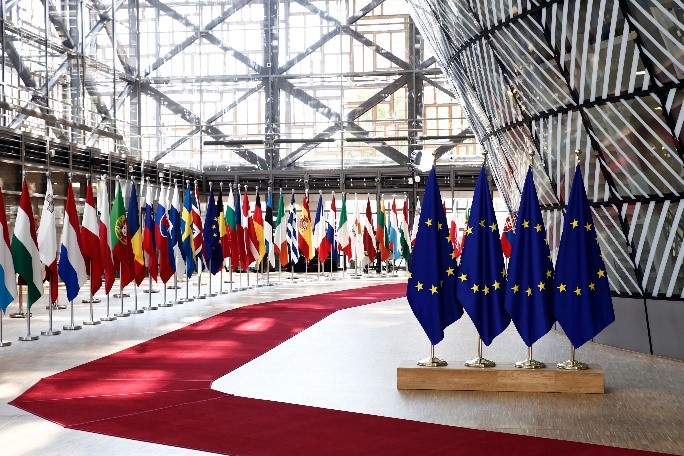
On 5 May 2020, twenty-three Member States of the European Union (EU) signed a plurilateral treaty entitled “Agreement for the Termination of Bilateral Investment Treaties between the Member States of the European Union” (Treaty). When the Treaty enters into force, hundreds of existing intra-EU Bilateral Investment Treaties (BITs) will cease to have effect. Notably, Austria, Finland, Ireland, Sweden and the United Kingdom did not sign the Treaty.
The signing of the Treaty marks the culmination of a process driven by the European Commission (Commission) started more than two years ago, when the Court of Justice of the European Union issued its ruling in Achmea v. Slovak Republic, finding that the investor-State arbitration clause in the BIT between the Netherlands and Czech and Slovak Federal Republic was incompatible with EU law. On 15 and 16 January 2019, Member States (including the United Kingdom) declared that they envisaged terminating their intra-EU BITs by way of a plurilateral treaty, unless bilateral termination proved more expedient. On 24 October 2019, the Commission announced that Member States had approved a draft agreement to terminate their intra-EU BITs.
The final version of the Treaty was not signed by four Member States or the United Kingdom (which has now left the European Union), despite those five States having signed the political declaration last year. For the UK, the decision not to sign the Treaty will leave in place its BITs with EU Member States. This raises the prospect of UK investors retaining treaty protection for investments into the EU. However, the UK government’s position on the future of investment protection, as with its future relationship with the EU as a whole, remains to be seen.
Under Article 2 of the Treaty, BITs currently in force between the parties are terminated, while any sunset clauses (which ordinarily allow BIT protection to continue for a decade or more following termination) will cease to operate. Furthermore, the Treaty contains provisions dealing with pending arbitrations commenced under BITs between the parties, including setting up a structured dialogue between investors and the State party to those proceedings (Article 9). Either party to a pending arbitration may trigger those procedures by asking the other party to enter into structured settlement procedures, which are optional and non-binding.
The Treaty will enter into force for each Member State party following the completion of procedures for domestic ratification, approval or acceptance.
Fietta will continue to provide updates on future steps taken in connection with the Treaty.
The text of the Treaty published by the European Commission is available here.
